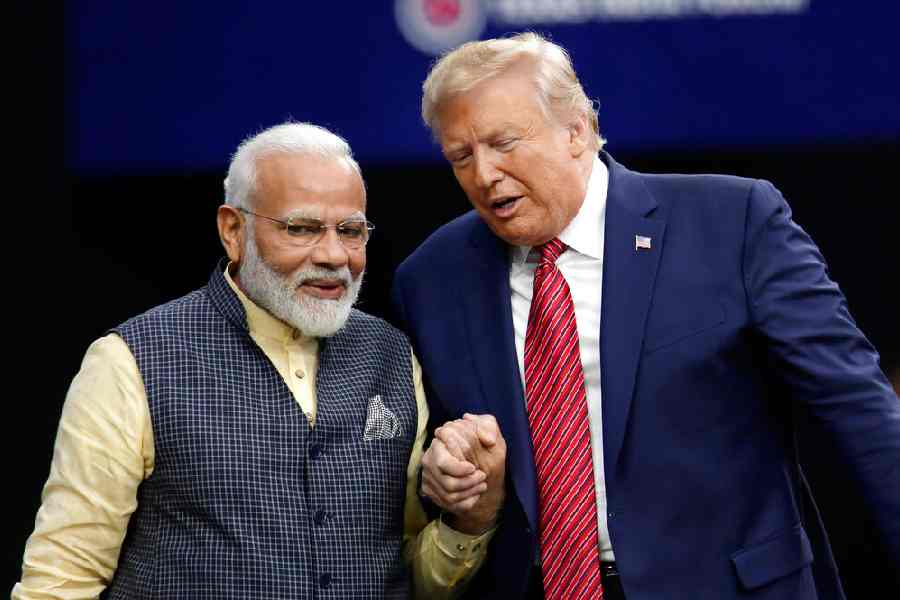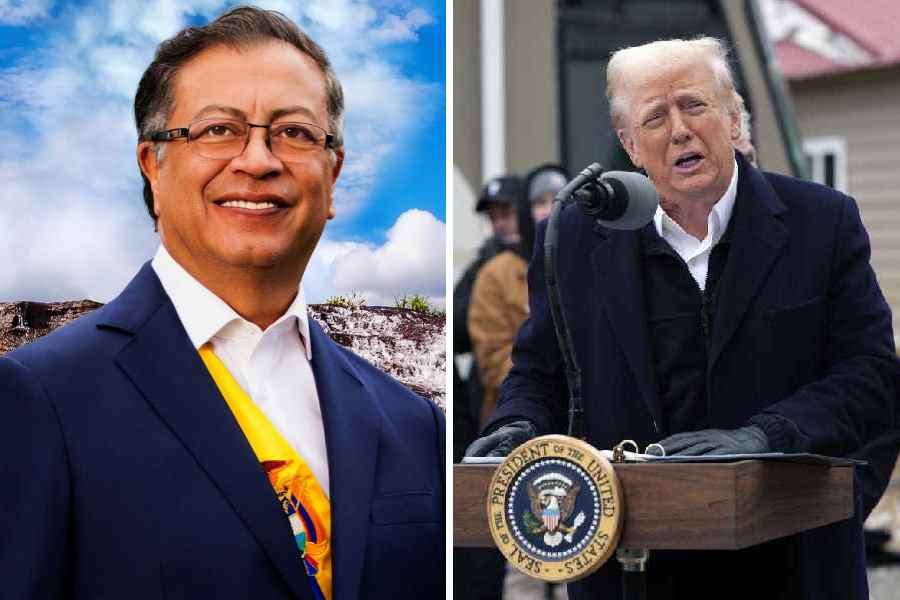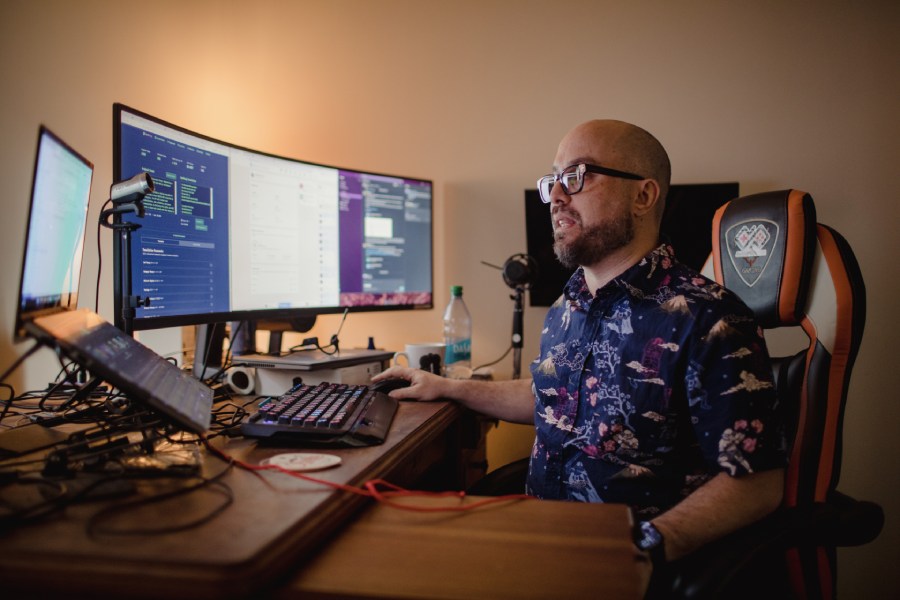The Narendra Modi government can attempt to appropriate Netaji but one cannot just admire his military heroism without accepting his belief in religious harmony, historian and Netaji’s grand-nephew Sugata Bose said on Thursday.
Bose was speaking on “Netaji’s Relevance Today” at Netaji Bhavan on the occasion of the leader’s 123rd birth anniversary.
In the lecture, Bose said: “It is in this context of an erosion of political ethics that life as well as message of both Mahatma Gandhi and Netaji Subhas Chandra Bose acquires renewed salience. Just as Gandhian values cannot be reduced to a cleanliness campaign, extolling Netaji’s military heroism sounds hollow if divorced from his unequivocal commitment to religious harmony. Both exemplary lives need to be rescued from vacuous state propaganda and the distortions of fake history.”
The Harvard professor of Oceanic History said the Narendra Modi government’s decision to declassify files related to Netaji smacked of attempts to appropriate him.
In January 2016, the Centre had declassified 100 files in its possession. Modi had unfurled the Tricolour on the ramparts of the Red Fort on October 21, on the 75th anniversary of the proclamation of the Azad Hind government by Netaji.
Bose said it was rare of a Prime Minister to hoist the national flag at the Red Fort on any other date other than August 15. It suggested “his feeble attempt” to appropriate Netaji, Bose said.
“But you cannot accept Netaji in isolation. How can one forget that Sisir Kumar Bose drove Netaji from Calcutta to Gomoh; but who received him in Peshawar? His name was Mian Akbar Shah, a great freedom fighter of the North West Frontier Province,” he said.
“Who was Netaji’s only Indian companion on the perilous submarine voyage from Europe to Asia that took 90 days? His name was Abid Hassan from the Hyderabad Deccan. Who was the commander of the First Division of the INA which fought in India’s Northeast? His name was Muhammad Zaman Kiani. Netaji practised what he preached and this was reflected in the INA.”
In the programme, Bose’s book His Majesty’s Opponent was relaunched with a new introductory chapter.
“A sea change has taken place in Indian and global politics in the decade since my book His Majesty’s Opponent was first published in 2011,” Bose said.
“During a decade that has witnessed the global rise of right-wing democratically elected authoritarianism, India has seen the rise of religious majoritarianism.
“Confusing majoritarianism with democracy and uniformity with unity, the contemporary Indian state runs the risk of turning its back on the best traditions of Indian anti-colonial nationalism as it behaves more and more like its colonial predecessor, drawing upon and on occasions re-enacting lawless laws of the colonial era. It seeks to extract the allegiance of India’s diverse populace through coercive control from the Centre, thereby provoking greater alienation instead of nurturing a sense of belonging to the Indian Union.”











